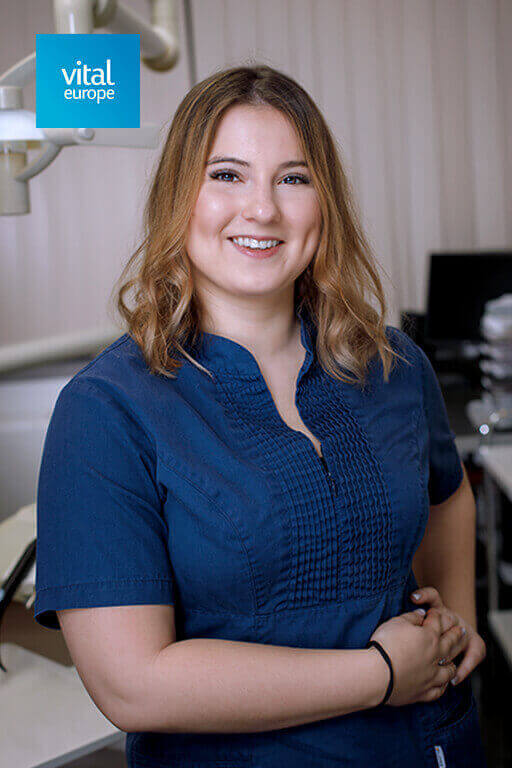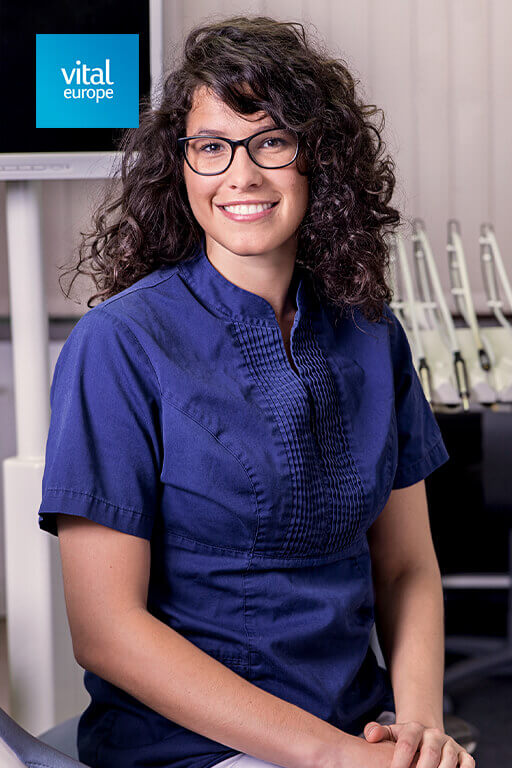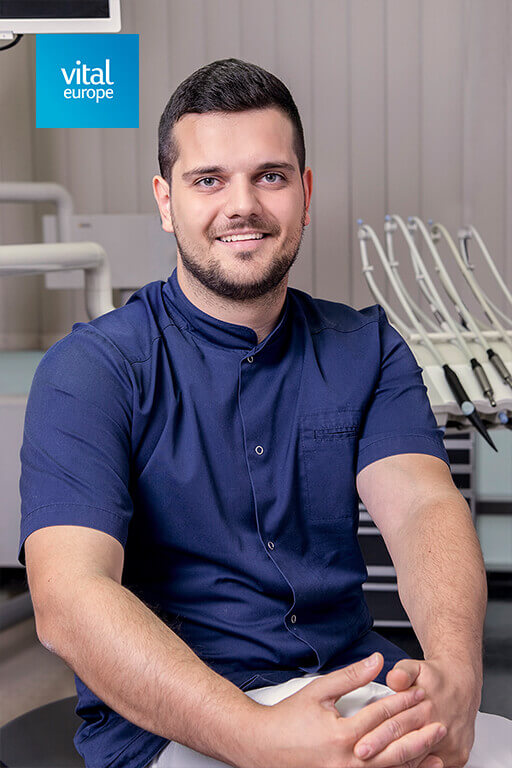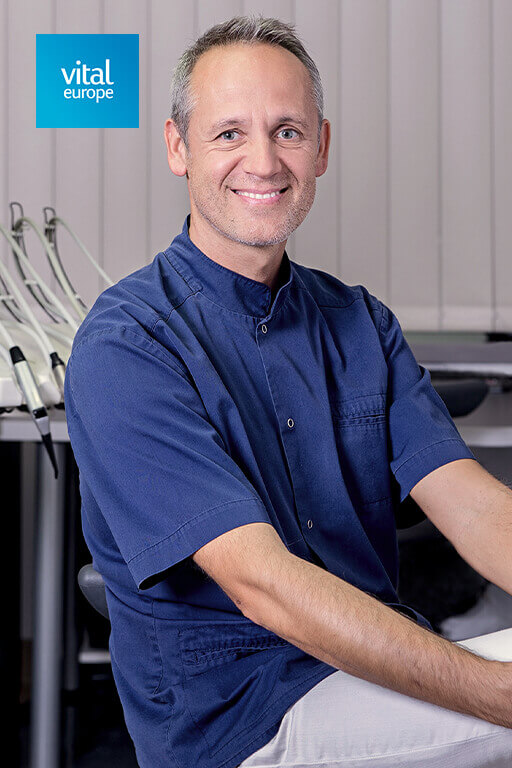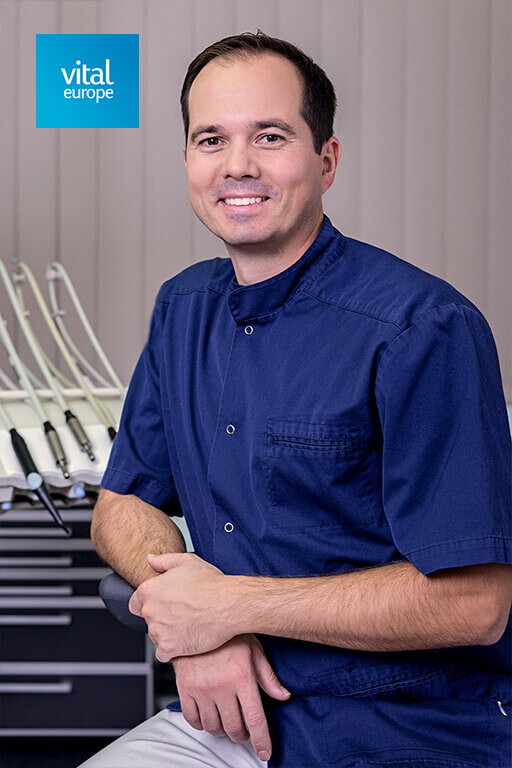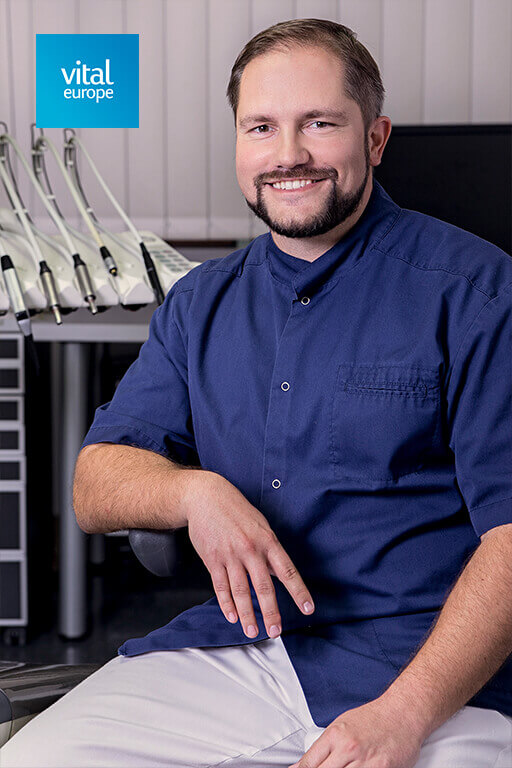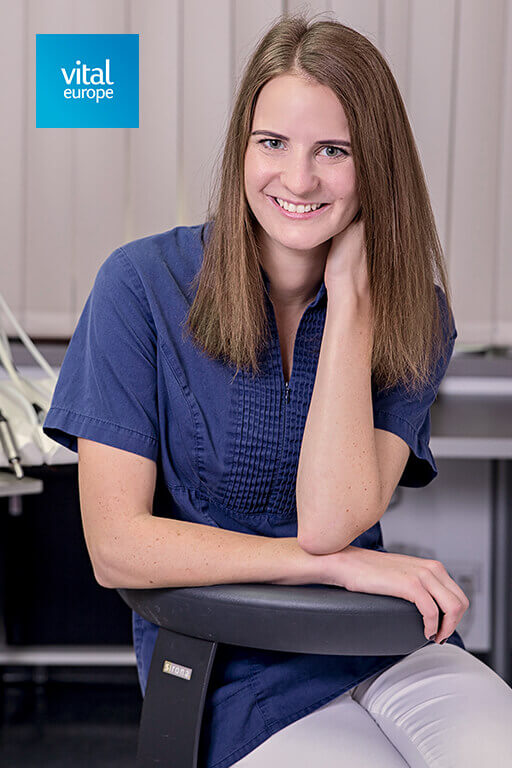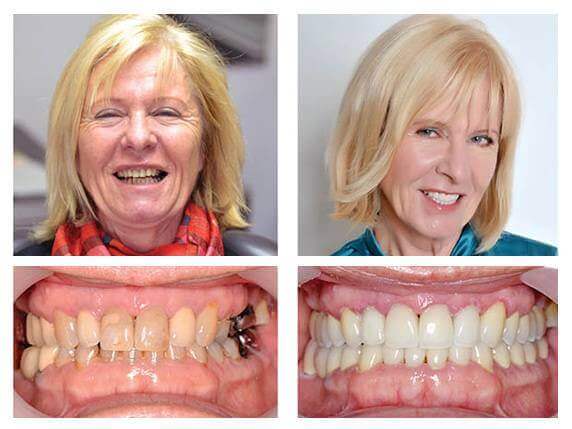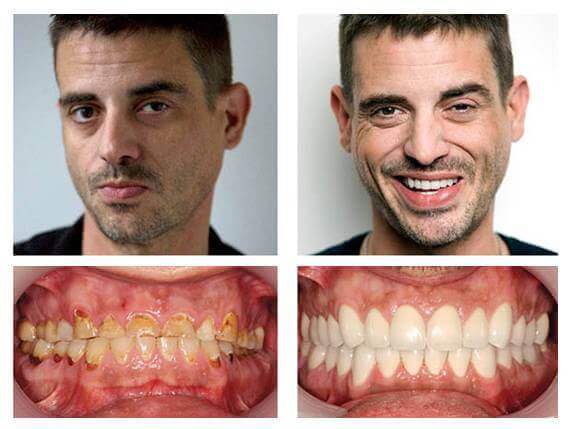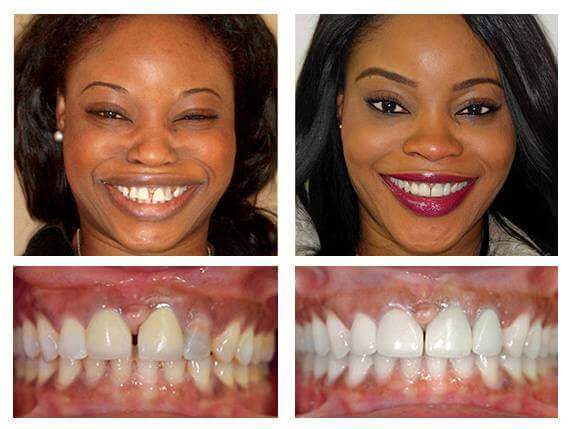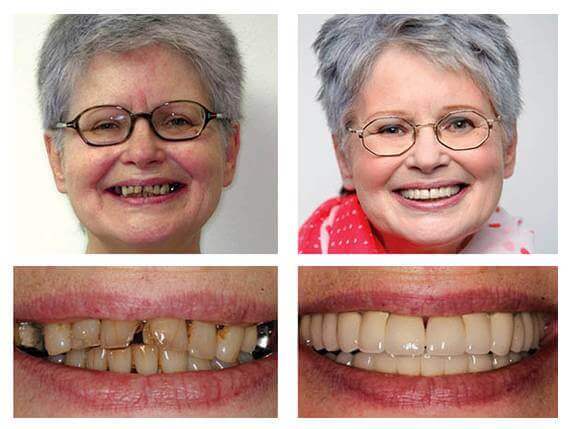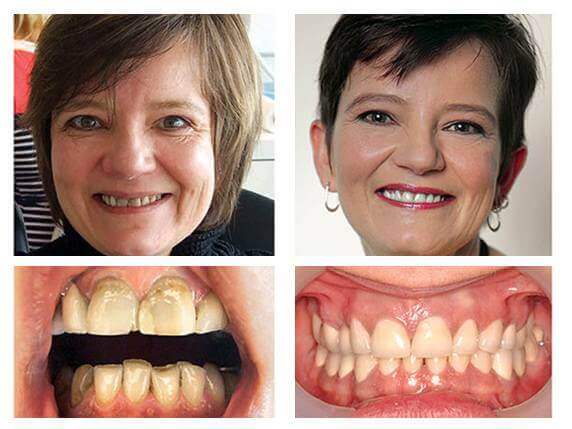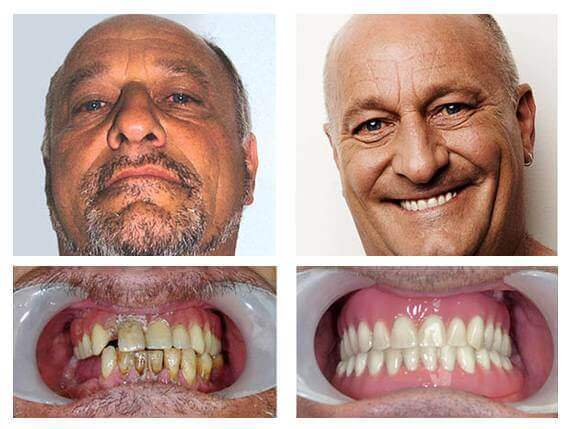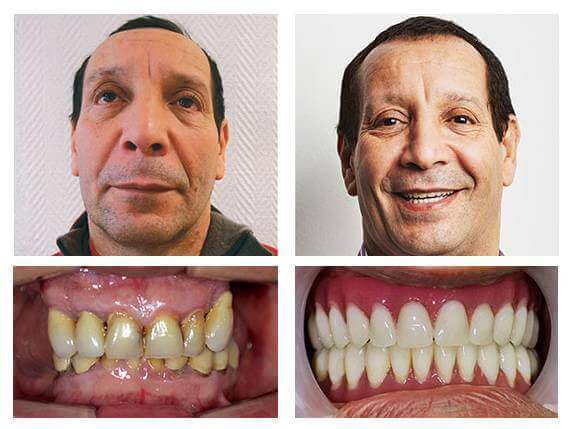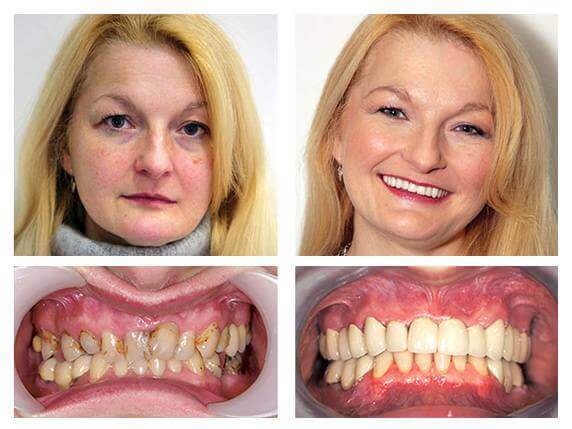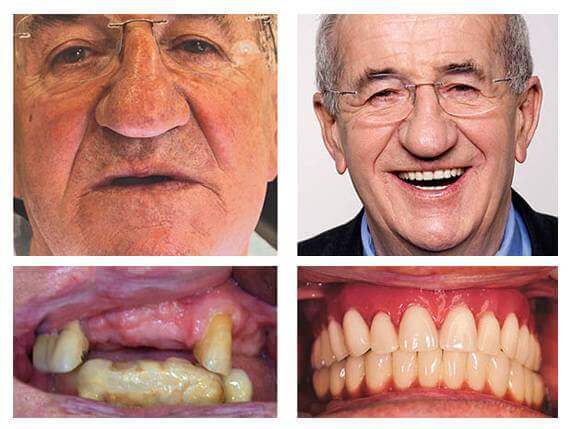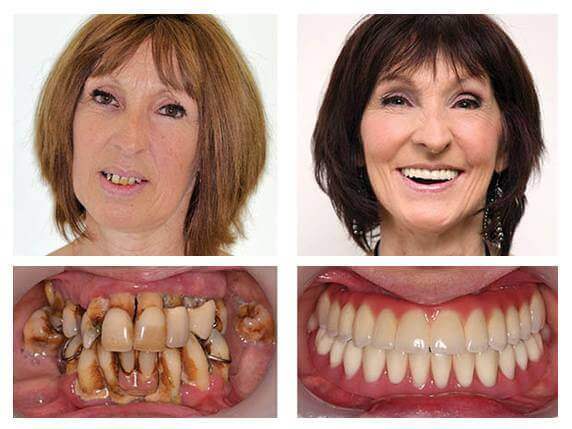Based on our last 10,000 implant placements, we significanlty exceed the 95-97% standard industry rate.
General anesthesia
Painless dental treatments, using the most recent methods
General anesthesia
What is general anesthesia?
General anesthesia is a state similar to deep sleep, artificially induced by medication, like injection and gas. Nothing is felt during the procedure and no memories remain.
Book a FREE dental consultation
Our success rate
for dental implants is 99,6%
- Have a free dental consultation near Oxford Circus
- Understand your treatment plan over a coffee
- Receive treatment in London or Budapest
Our success rate for dental implants is 99,6%
Based on our last 10,000 implant placements, we significanlty exceed the 95-97% standard industry rate.
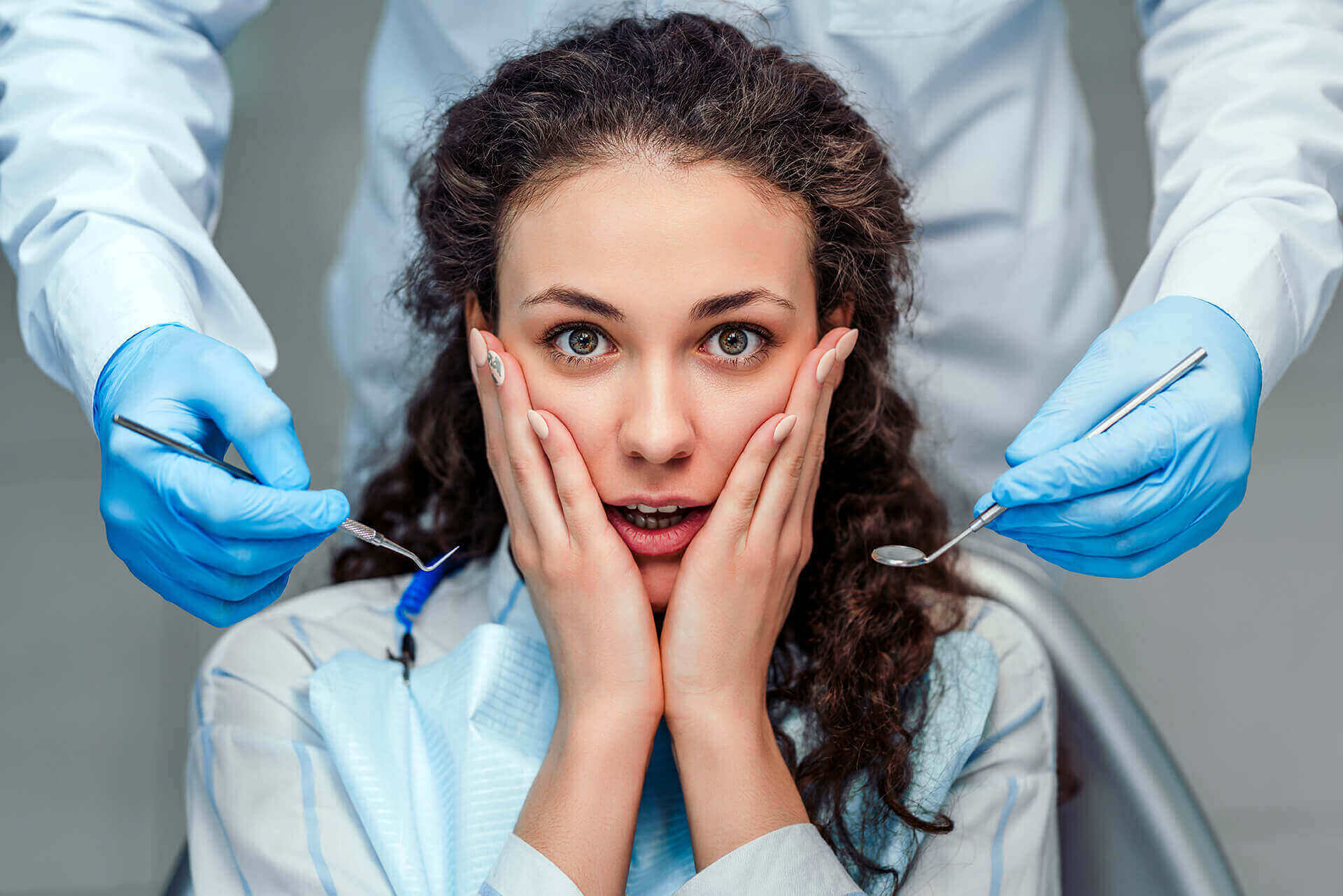
We recommend dental treatment under general anesthesia if:
- you are unable to cope/afraid of the dentist
- you have increased gag reflexes
- you are agitated by the stimulus of dental treatment (smells, noises)
- you want to combine several different treatments
What is general anesthesia?
General anesthesia is a state similar to deep sleep, artificially induced by medication, like injection and gas. Nothing is felt during the procedure and no memories remain.
We recommend dental treatment under general anesthesia if...
- you are unable to cope/afraid of the dentist
- you have increased gag reflexes
- you are agitated by the stimulus of dental treatment (smells, noises)
- you want to combine several different treatments
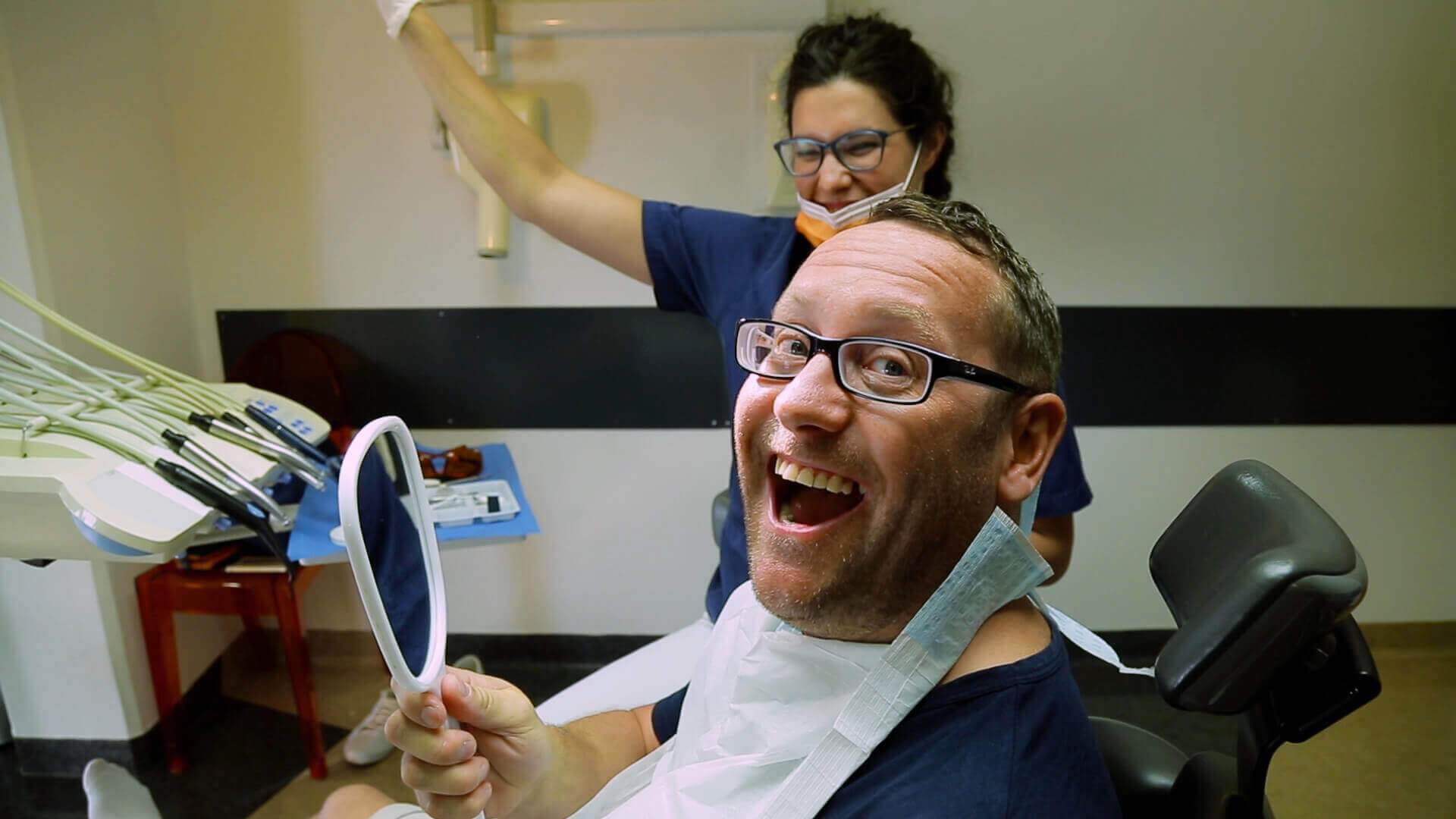
The process:
- you make yourself comfortable in the dental chair, then we place the EKG electrodes on your chest, and the oxygen-level sensors on your fingertips
- you receive a small venal injection
- infusion is started through the cannula
- the oxygen mask is applied, at the same time you start receiving sedatives
- you fall into a deep sleep, from this point on you will not feel anything
- once you are asleep, the anesthesiologist inserts a respirator tube through your nose
- we monitor your breathing, connect you to the anaesthetic machine, then start the dental treatment
- towards the end of your treatment the medicines dissolve, the anesthesia starts to lift, and you start waking up
- before you are fully awake the respirator tube is removed
The process:
- you make yourself comfortable in the dental chair, then we place the EKG electrodes on your chest, and the oxygen-level sensors on your fingertips
- you receive a small venal injection
- infusion is started through the cannula
- the oxygen mask is applied, at the same time you start receiving sedatives
- you fall into a deep sleep, from this point on you will not feel anything
- once you are asleep, the anesthesiologist inserts a respirator tube through your nose
- we monitor your breathing, connect you to the anaesthetic machine, then start the dental treatment
- towards the end of your treatment the medicines dissolve, the anesthesia starts to lift, and you start waking up
- before you are fully awake the respirator tube is removed
Book a FREE dental consultation
Our success rate
for dental implants is 99,6%
Based on our last 10,000 implant placements, we significanlty exceed the 95-97% standard industry rate.
- Have a free dental consultation near Oxford Circus
- Understand your treatment plan over a coffee
- Receive treatment in London or Budapest
Our success rate for dental implants is 99,6%
Based on our last 10,000 implant placements, we significanlty exceed the 95-97% standard industry rate.
You can request general anesthesia for the following treatments:
- implantation
- sinus lift
- bone substitution
- resection
- extraction
You can request general anesthesia for the following treatments:
- implantation
- sinus lift
- bone substitution
- resection
- extraction
There are some cases however, when general anesthesia is not available. These are the following:
- fever (temporary effect)
- untreated diabetes
- cardiovascular diseases (CVD)
- nervous system diseases
- specific allergies
- asthma
- weak immune system
- expecting a baby
There are some cases however, when general anesthesia is not available. These are the following:
- fever (temporary effect)
- untreated diabetes
- cardiovascular diseases (CVD)
- nervous system diseases
- specific allergies
- asthma
- weak immune system
- expecting a baby
Read our related blog article here
General anesthesia – Sweet dreams are made of…teeth
General anesthesia – Sweet dreams are made of…teeth
